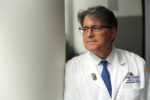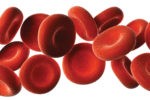National Cancer Prevention Month: Know Your Cancer Risk
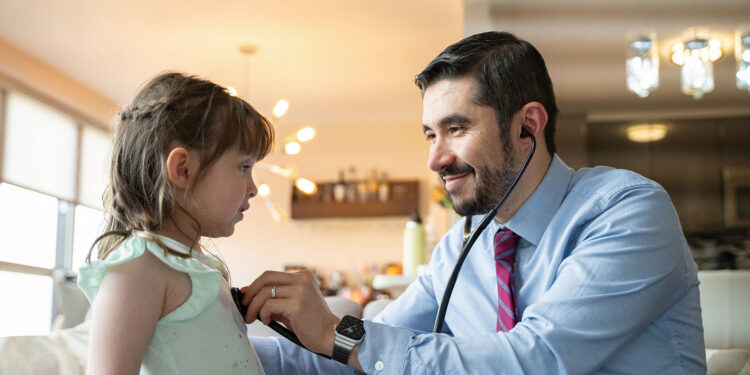
Story by Amy Haynes-American Cancer Society
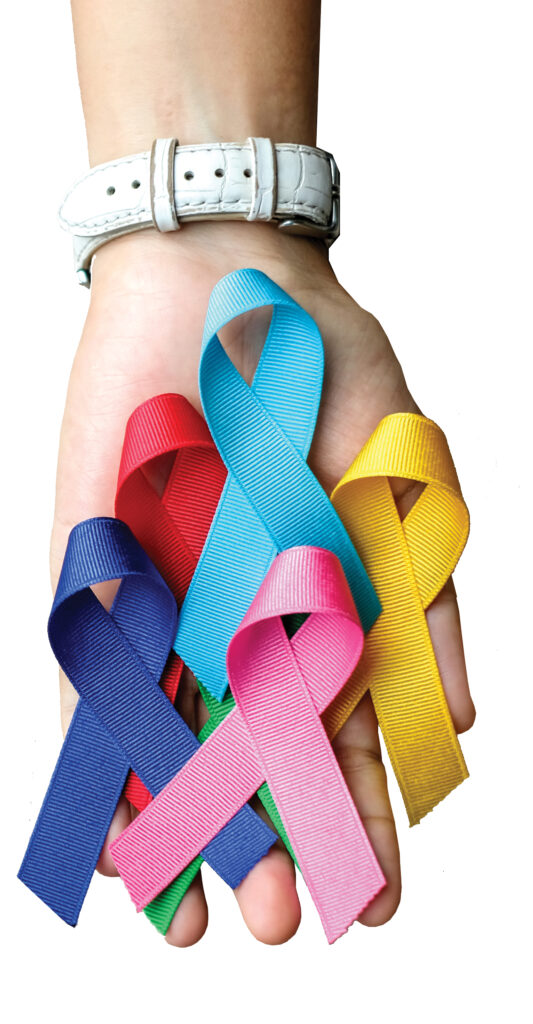 February is National Cancer Prevention Month and approximately 40% of adult cancer diagnoses in the U.S. are linked to modifiable risk factors. Cancer risk is dependent on several factors including genetic/hereditary markers, family history of cancer, adherence to evidence-based cancer screening guidelines, and daily life factors such as tobacco use, alcohol consumption, diet, physical activity, and body weight/BMI.
February is National Cancer Prevention Month and approximately 40% of adult cancer diagnoses in the U.S. are linked to modifiable risk factors. Cancer risk is dependent on several factors including genetic/hereditary markers, family history of cancer, adherence to evidence-based cancer screening guidelines, and daily life factors such as tobacco use, alcohol consumption, diet, physical activity, and body weight/BMI.
However, there are also risk factors that you can’t control or modify, such as age and family history. Getting recommended cancer screening tests regularly can also reduce the risk of certain cancers. While some cancers can’t be prevented, you can also reduce your risk by making healthy choices like eating right, staying active, and not smoking.
How do you know if you are at risk for cancer?
Research shows that nearly half of all cancers can be linked to risk factors you can change. The American Cancer Society provides a comprehensive cancer risk assessment tool called ACS CancerRisk360 to help you know your risk of developing cancer and take steps to reduce that risk.
The ACS CancerRisk360 evaluates risk by looking at four key areas: genetic risk, family history, screening adherence, and daily life factors.
Take the ACS CancerRisk360 assessment to learn more about what you can change to improve your health and lower your cancer risk. Please note that you must be 18 years or older to take this assessment. Act today at acscancerrisk360.cancer.org.
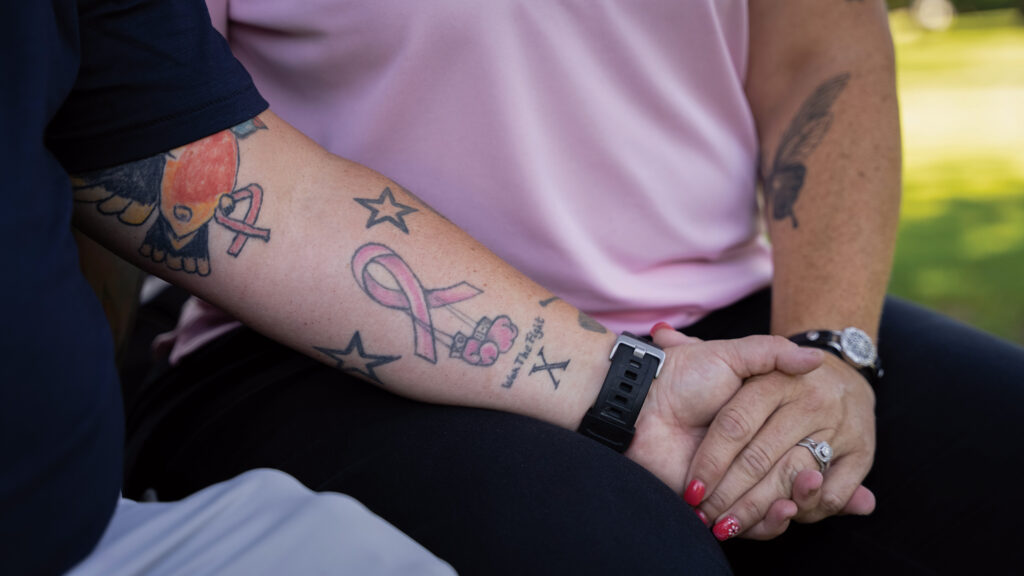

Understanding the Causes of Cancer:
When we hear something might cause cancer our first reaction is often to think that we need to avoid it at all costs. But often it’s not that simple. Get answers to common questions about the causes of cancer and find out what questions you should ask when you see news about something that could cause cancer. Asking questions can help you better understand the information and decide if it is something you might need to act on. Learn more at cancer.org.
Genetics and Cancer Risk:
Some types of cancer run in certain families, but most cancers are not clearly linked to the genes we inherit from our parents. Gene changes that start in a single cell over the course of a person’s life cause most cancers. In this section you can learn more about the complex links between genes and cancer.
Body Weight and Cancer Risk:
Being overweight or obese is clearly linked to an overall increased risk of cancer. According to research from the American Cancer Society, excess body weight is thought to be responsible for about 11% of cancers in women and about 5% of cancers in men in the United States, as well as about 7% of all cancer deaths.
How to Lower Your Cancer Risk
• Stay away from tobacco
• Eat Healthy and Get Active
• Be safe in the sun
• Protect against HPV
• Know your Cancer Risk: acscancerrisk360.cancer.org
Cancer Screening Recommendations
These recommendations are for people at average risk for certain cancers. Talk to a doctor about which tests you might need and the screening schedule that’s right for you. It’s a good idea to also talk about risk factors, such as lifestyle behaviors and family history that may put you or your loved one at higher risk. See more in-depth recommendations at cancer.org.
Age 25–39 Screening recommendations
• Cervical cancer screening recommended for people with a cervix beginning at age 25.
Age 40–49 Screening recommendations
• Breast cancer screening recommended beginning at age 45, with the option to begin at age 40.
• Cervical cancer screening recommended for people with a cervix.
• Colorectal cancer screening recommended for everyone beginning at age 45.
• At age 45, African Americans should discuss prostate cancer screening with a doctor.
Age 50+ Screening recommendations
• Breast cancer screening recommended.
• Cervical cancer screening recommended.
• Colorectal cancer screening recommended.
• People who currently smoke or formerly smoked should discuss lung cancer screening with a doctor.
• Discussing prostate cancer screening with a doctor recommended.
 Take the ACS Cancer Risk 360 assessment to learn more about
Take the ACS Cancer Risk 360 assessment to learn more about
what you can change to improve your health and lower your cancer risk.
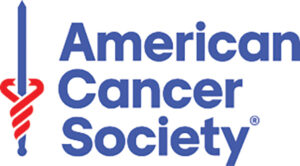
Get a quick reference guide, find a cancer screening location near you and test your screening knowledge

